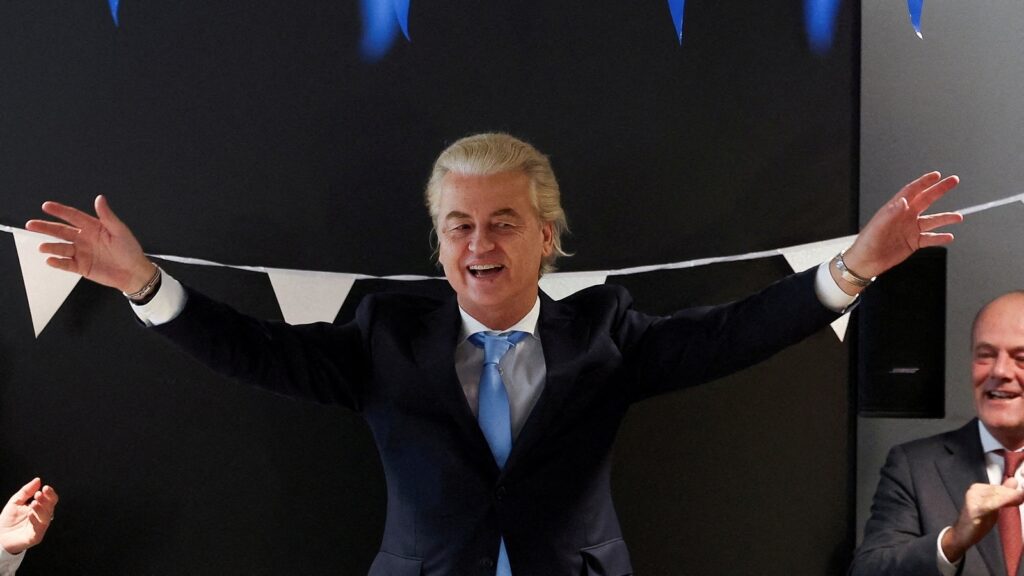“Dutch Donald Trump” Geert Wilders’ recent electoral triumph in the Netherlands has sent ripples across Europe. The Dutch election results resonate with a broad trend in European politics, where Islamophobia, anti-immigrant sentiments and scepticism towards a common European future are on the rise. “The winds of change are here,” Hungary’s populist prime minister Viktor Orban said, a sentiment echoed by nationalist leaders in Italy, Austria, France, Belgium, Germany and Spain. The popularity of Wilders’s call for a “Nexit” referendum, akin to Brexit, alongside anti-Islam and anti-immigrant rhetoric, all indicate a shift towards nationalist ideologies, fuelled by economic anxieties and a perceived threat to cultural identity.
Populist parties with Eurosceptic, anti-immigrant, and anti-globalist beliefs that stayed in the margins before the 2007-2008 global financial crisis, have once again found a favourable wind following the 2015 surge in refugee arrivals. A high inflation rate exacerbating the cost of living has given them another boost. Migrants and minorities, as always, have become a convenient scapegoat for economic uncertainties currently seen all over Europe, compounded by the war in Ukraine, fluctuating oil prices, and rising unemployment. Leaders espousing populist and nationalist narratives are trying to harvest this discontent.
In France, Marine Le Pen’s National Rally party, Germany’s far-Right Alternative for Germany party, and Austria’s Freedom Party are all faring well in opinion polls though Poland’s Law and Justice Party and Spain’s Vox Party recently lost elections. The political winds blowing across Europe are indeed telling us something. Wilders’s victory is a reminder of the need for European nations to reflect on the root causes of discontent. Mainstream parties need to find ways to address the fears and genuine concerns of citizens or risk the rise of divisive forces.

